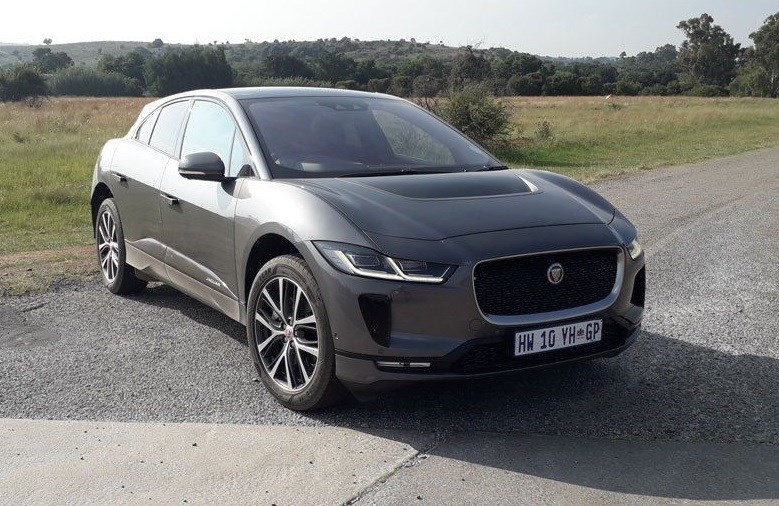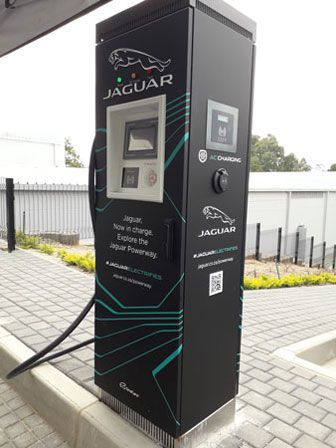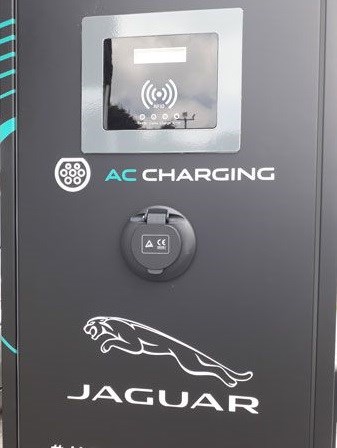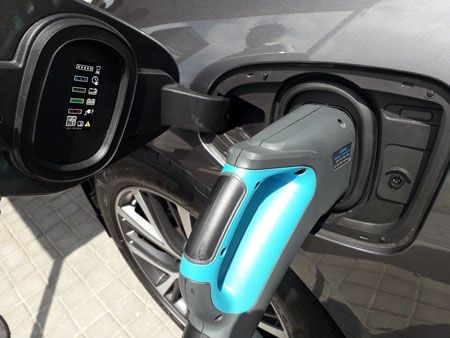
Top stories






AutomotiveHilux Custom Builds offers purpose-built solutions for your business
Toyota South Africa Motors 16 Feb 2026
More news

Marketing & Media
Ads are coming to AI. Does that really have to be such a bad thing?














Jaguar has introduced South Africa to its very first electric vehicle (EV). And with that introduction, I can see why this is the future of motoring, but before I tell you what you can expect, let me reassure you that with the introduction of EV's in South Africa, there's no need to worry about how you will be able to charge the vehicle, especially with the current load shedding situation...

Jaguar has assured a rapid public charging network to enable long-distance travel between city centres. Not only has the network been improved, but there have also been improvements in battery technology.
What's the range after one charge?
With a range of up to 470km from a single charge, the new Jaguar I-Pace offers a viable emissions-free solution to drivers who commute regularly but also enjoy longer journeys which until now have been outside the reach of EV travel in South Africa.
The 90kWh lithium-ion battery using 432 pouch cells can be topped-up with a range of flexible charging types which includes 7.4kW wall box units, installed in homes at a price of approximately R30,000, as well as public chargers along the network, which have been placed at various points of convenience such as shopping centres nationwide and along common inter-city routes and not forgetting at every Jaguar Land Rover dealership in South Africa.

I have to alert you that the 90 kWh Lithium-ion battery has placed between the two axles, with even weight distribution of 50:50.
So, to make it sound as simple as possible, I-Pace owners will be able to achieve a 0-80% battery charge from empty in just over 1 hour using DC rapid charging (60kW) or top up an additional 100km in as little as 20 minutes. Alternatively, home charging with an AC wall box (7.4kW) will take the I-Pace from 0 to 80% in just 12 hours, making it perfect to charge overnight while asleep.


What's even more phenomenal, is the option of a suite of smart range-optimising features and smartphone apps that gives drivers complete peace of mind, whether monitoring vehicle charging from home or out shopping with the family.

As an example, owners can automatically pre-condition the battery temperature to maximise range, and heat or cool the cabin before starting a journey. Using mains power to warm or cool the car when it’s plugged in means the range is unaffected.
At the national launch, we were made aware that charging habits will differ greatly to refilling conventional internal combustion engine (ICE) vehicles, meaning refilling should happen whenever possible, such as every night at home. Refilling ICE vehicles generally happens when the fuel gauge light goes on, so with the I-Pace, recharging EVs from low or 0% states of charge will be infrequent.

Like petrol, the price of electricity fluctuates, but for now, the rate for 1kWh on the card will be between R3 and R3.50 depending on where in South Africa it’s purchased. With a 90kWh battery, full recharge in an I-PACE will cost between R270 and R315 - a fraction of the fueling costs of conventional internal combustion engine vehicles.